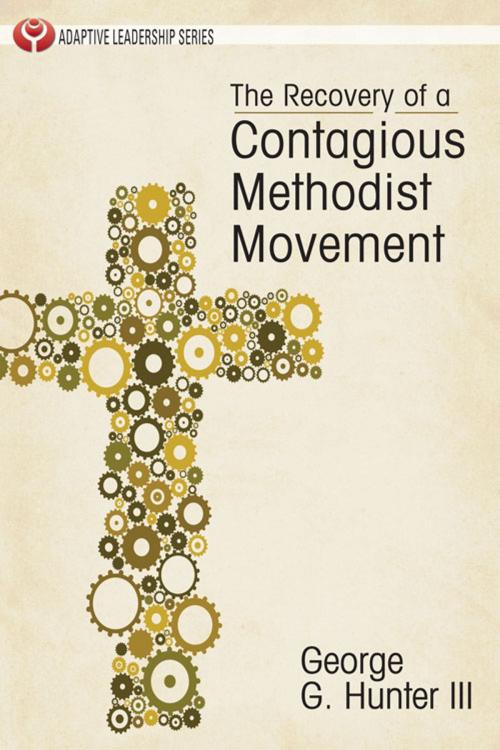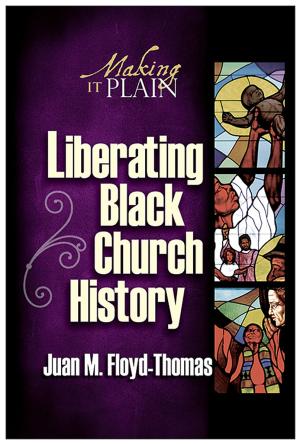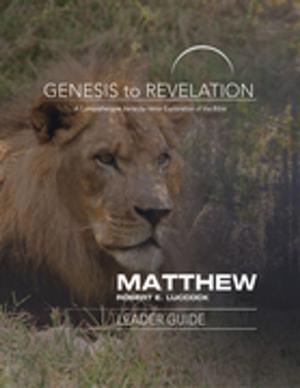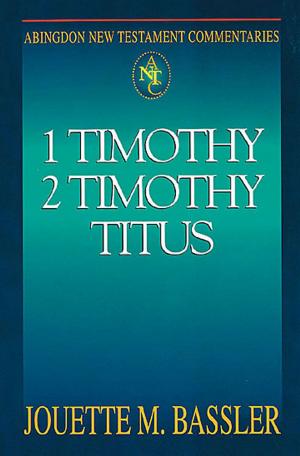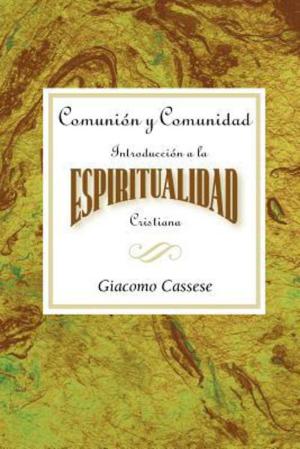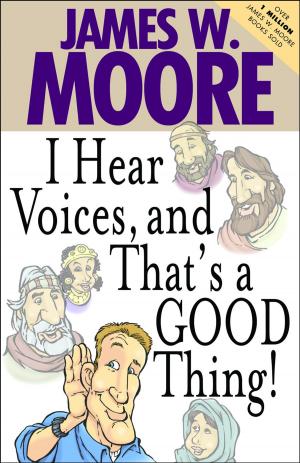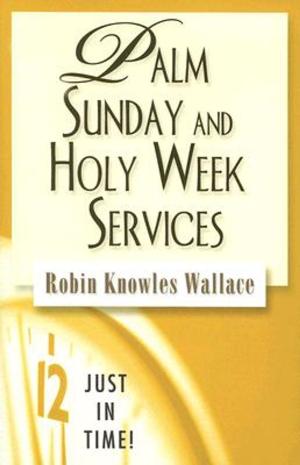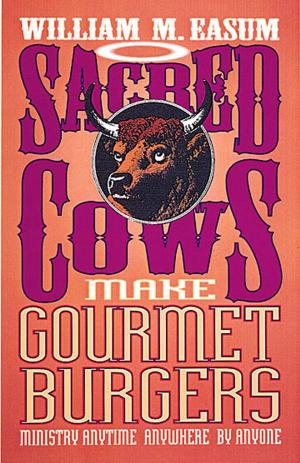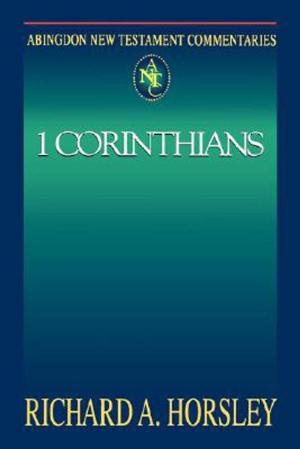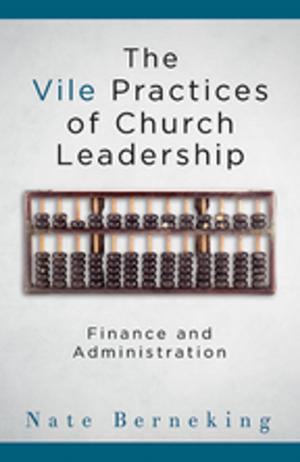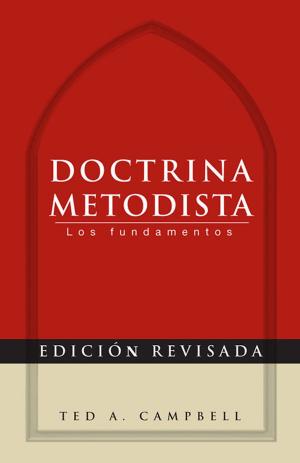The Recovery of a Contagious Methodist Movement
Nonfiction, Religion & Spirituality, Christianity, Denominations, Methodism| Author: | George G. Hunter III | ISBN: | 9781426748578 |
| Publisher: | Abingdon Press | Publication: | February 1, 2012 |
| Imprint: | Abingdon Press | Language: | English |
| Author: | George G. Hunter III |
| ISBN: | 9781426748578 |
| Publisher: | Abingdon Press |
| Publication: | February 1, 2012 |
| Imprint: | Abingdon Press |
| Language: | English |
Methodism started out asa missional alternative to establishment Christianity, but is now like theestablishment Christianity it once critiqued.
In this book, Dr. Hunterasks whether enough New Testament Christianity exists in any institutional formof Christianity, including The United Methodist Church, to change the world.
If United Methodism isto survive, it must recover bold directions in ministry, in addition toWesley’s theological vision. If only it was so simple as to stand on Wesley’sshoulders to see our way forward. This means that laity and clergy must bebiblically informed, spiritually energized, and systematically organized.
If United Methodism isto thrive, it needs to focus on mission, recalling that early Methodism was anextravagant expression of missional Christianity. Net membership decline is notfrom losing more people but from reaching fewer people than it used to.
The need for the gospelof Jesus Christ is greater than ever. United Methodists must create structuresand serve God and neighbor in order to spread, as Wesley admonished, scripturalholiness throughout the land.
George G. Hunter III isDistinguished Professor of Church Growth and Evangelism at Asbury TheologicalSeminary in Wilmore, Kentucky. He is the author of several books, including Radical Outreach and The Celtic Way of Evangelism, bothpublished by Abingdon Press.
Methodism started out asa missional alternative to establishment Christianity, but is now like theestablishment Christianity it once critiqued.
In this book, Dr. Hunterasks whether enough New Testament Christianity exists in any institutional formof Christianity, including The United Methodist Church, to change the world.
If United Methodism isto survive, it must recover bold directions in ministry, in addition toWesley’s theological vision. If only it was so simple as to stand on Wesley’sshoulders to see our way forward. This means that laity and clergy must bebiblically informed, spiritually energized, and systematically organized.
If United Methodism isto thrive, it needs to focus on mission, recalling that early Methodism was anextravagant expression of missional Christianity. Net membership decline is notfrom losing more people but from reaching fewer people than it used to.
The need for the gospelof Jesus Christ is greater than ever. United Methodists must create structuresand serve God and neighbor in order to spread, as Wesley admonished, scripturalholiness throughout the land.
George G. Hunter III isDistinguished Professor of Church Growth and Evangelism at Asbury TheologicalSeminary in Wilmore, Kentucky. He is the author of several books, including Radical Outreach and The Celtic Way of Evangelism, bothpublished by Abingdon Press.
